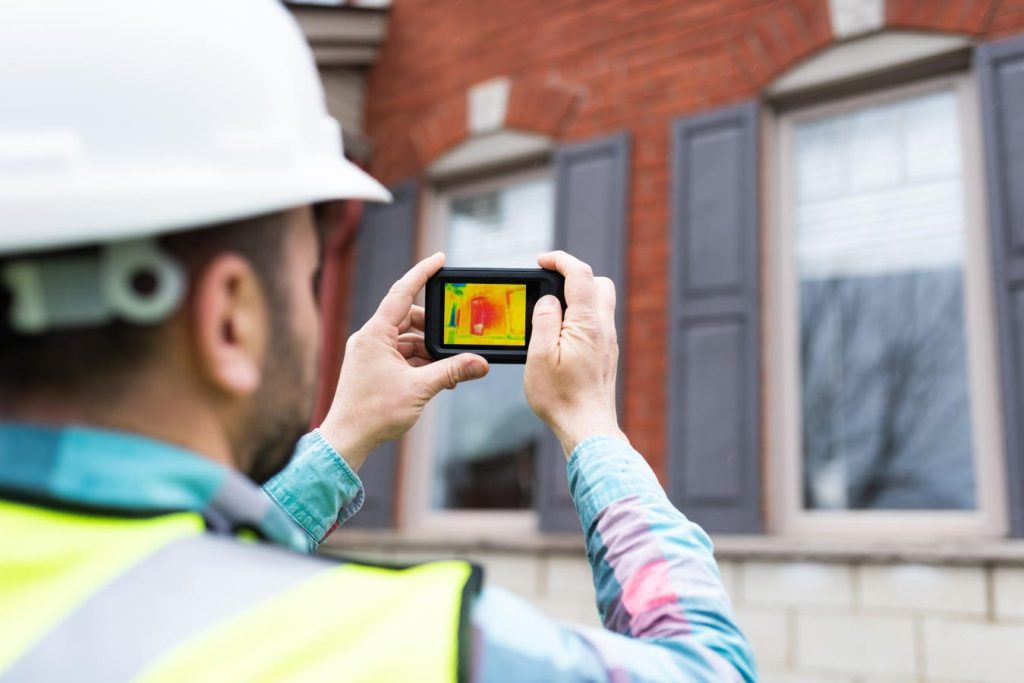The Inflation Reduction Act of 2022 offers significant tax breaks for homeowners who make their homes more energy efficient and reduce their use of fossil fuels. These tax breaks, which began in late 2023 or early 2024, are set to last through 2032. The main program, known as the section 25C energy efficient home improvement credit, is administered by states based on guidelines issued by the Department of Energy in July 2023. The amount of savings you can receive depends on where you live, and the breaks decrease as income rises.
Homeowners can receive a credit equal to 30% of the cost of qualified improvements, up to a certain dollar limit. This new tax credit can be combined with existing credits for energy-related home renovations. The first step in qualifying for the credit is to have a comprehensive home energy audit that meets the IRS guidance issued in September 2023. Even if no improvements are made, homeowners can receive a credit of 30% of the audit cost, up to $150. The audit report must be detailed, identifying cost-effective energy efficient improvements with estimates of the energy and cost savings for each improvement.
It is essential that the auditor conducting the home energy audit is certified and qualified under section 25C of the tax code. Additionally, there are dollar limits on each type of improvement as well as an annual limit on the total credit per taxpayer, which varies depending on income level. Some taxpayers may need to spread out their improvements over several years to maximize their tax benefits. To help homeowners navigate the complexities of the tax breaks, various apps have been developed, such as Green Door and Rewiring America’s Inflation Reduction Act calculator.
For more information on the credit and deductions under the Inflation Reduction Act of 2022, homeowners can search the IRS website or visit a specific page dedicated to the topic. Overall, these tax breaks are aimed at incentivizing homeowners to make their residences more energy efficient and reduce their carbon footprint, ultimately contributing to a greener and more sustainable future. By taking advantage of these credits and making energy-saving improvements, homeowners can not only save money on their taxes but also contribute to a healthier environment for future generations.


